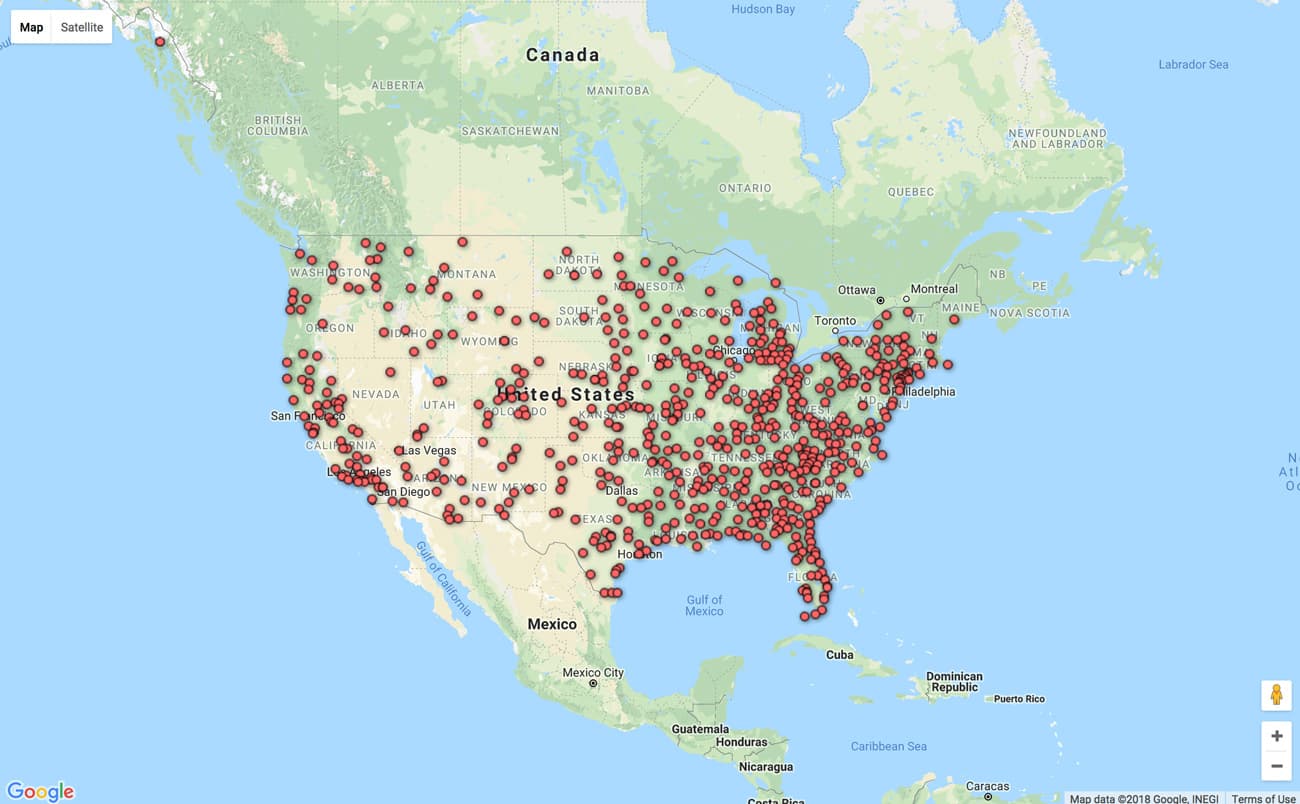Use this page to access NAR’s Multiple Listing Service policy resources.
MLS Policy
Latest Updates
MLS Policy Risk Assessment PAG Recommendations
18 recommendations have been approved by the NAR MLS Technology and Emerging Issues Advisory Board, the Multiple Listing Issues and Policies Committee, and the Executive Committee. The changes will go into effect in January 2026.
Multiple Listing Options for Sellers
In conjunction with the Clear Cooperation Policy and other MLS policies this policy provide sellers and their agents more options and choice when marketing a property, while also supporting fair housing by providing buyers and their agents with equal access to important MLS property information.
IDX, VOW, Syndication, and Other Displays
- Internet Data Exchange (IDX) Information and Resources
- Virtual Office Websites (VOW) Information and Resources
- Managing Listing Content
- Automated Valuation Models (AVM)
- Canonical and Author Tags for Real Estate Listings
- Qualification for MLS Participation and IDX
MLS Governing Documents
- These model documents are part of the Handbook on Multiple Listing Policy and include the Model MLS Rules and Regulations and Model MLS Bylaws.
MLS Certification
2025 MLS Policy Changes
Read the 2025 MLS Policy Changes to view all the changes in detail to implement them at the local level.
Agendas, Minutes, Reports, and Recent Policy Changes
- At the 2025 NXT Conference, the NAR Executive Committee voted to approve 18 changes pursuant to the risk mitigation assessment, including repealing and amending several policies in the MLS Handbook related to association membership and MLS participation.
- NAR has adopted a new MLS policy, Multiple Listing Options for Sellers (2025)
- Summary of 2025 MLS Changes
- See also: prior year changes
- View Current or Past Agendas and Minutes of the Multiple Listing Issues and Policies Committee
- MLS Clear Cooperation Policy
- Unauthorized Use of Listing Content & Photos
- 2018 Changes to MLS Policy Statements 7.42 & 7.43 (MLS of Choice)
- 2016 Changes to MLS Policy Statement 7.85 and FAQ
- Code’s Applicability on the Internet (2005 Work Group Report/Recommendations)
- Copyright Considerations Related to Proposed Changes to Display of Sold Information
Resources
- MLS Minute (Video Series)
- MLS Governing Document Review Process
- MLS COVID-19 Guidance
- MLS Map of the National Association of REALTORS®
- "Coming Soon" Information & Resources
- Digital Millennium Copyright Act
- Handbook on Multiple Listing Policy
- Article - Who Owns Your Property Photos?
- Auction Properties
- Homes Magazines
- Lock Boxes: FAQ on Lock Box Security Requirement Revisions of 2012
- Offers of Cooperative Compensation Related to Listings of REO
- Short Sales: Information and Resources
- "Greening" MLSs
- MLS Commercial Handbook
Informational Brochures, Guides, and Articles
- Access informational brochures, guides, and articles related to MLS policy.
MLS Resources for Administrators
- Access useful resources for MLS administrators and those serving on an MLS committee.
- MLS Consolidation Resources — case studies, best practices, and other information/materials for MLSs looking to learn more about collaboration and consolidation.










